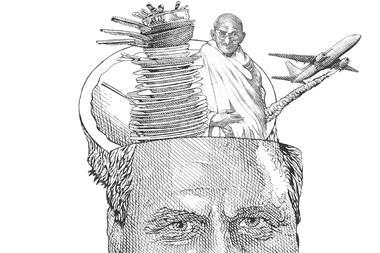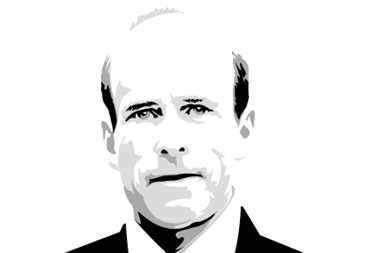Could the ideology being taught at Harvard University have contributed to the poor state of the financial system and today’s widening economic inequality?
A group of Harvard students walked out of their economics classes in protest against what they see as a dogmatic teaching of free-market fundamentalism, which has contributed to the system of economic inequality that is blighting the world today.
Seventy students or so complained in an open letter to their tutor, professor Gregory Mankiw, that a blind adherence to free market, laissez faire capitalism, at the expense of a critical discussion about the benefits and flaws of a range of different economic systems, has hampered their education.
“There is no justification for presenting Adam Smith’s economic theories as more fundamental or basic than, for example, Keynesian theory,” said the letter.
If Harvard fails to equip its students with a broad and critical understanding of economics, their actions are likely to harm the global financial system
The show of solidarity with the Occupy movement (a burgeoning global movement loosely against capitalism in its current form) is an expression of discontent with the current status-quo.
Each year around 700 Harvard students who strive for careers in finance, government and public policy are forced to take the course.
Could the ideology these students have been taught at university have contributed to the poor state of the financial system and today’s widening economic inequality? The students certainly think so.
Espousing a specific and limited view of economics “perpetuates problematic and inefficient systems of economic inequality in our society today”, they said.
Reads the open letter: “Harvard graduates play major roles in the financial institutions and in shaping public policy around the world. If Harvard fails to equip its students with a broad and critical understanding of economics, their actions are likely to harm the global financial system. The last five years of economic turmoil have been proof enough of this.”
Of course, one class in an American university could never have caused the near collapse of the whole financial system. But it is worth paying attention to the protest by these students. Could this be the beginning of a new way of thinking about modern economics and the rules that govern our financial system?




















No comments yet